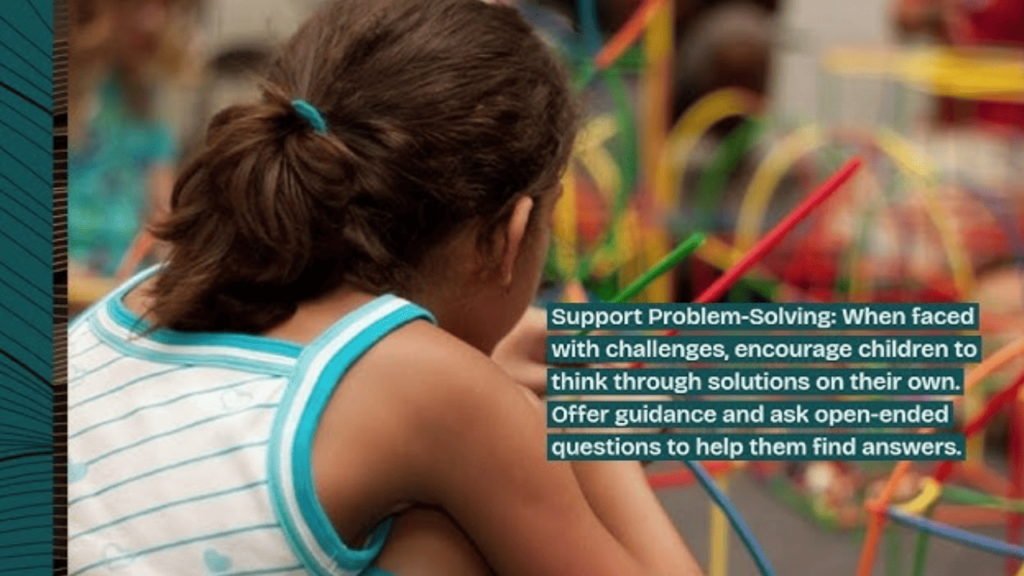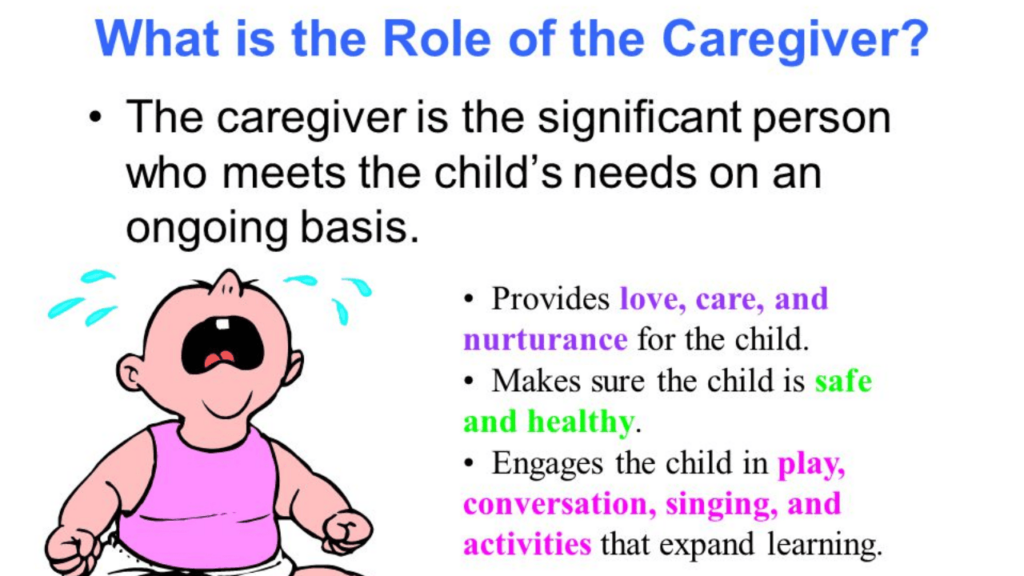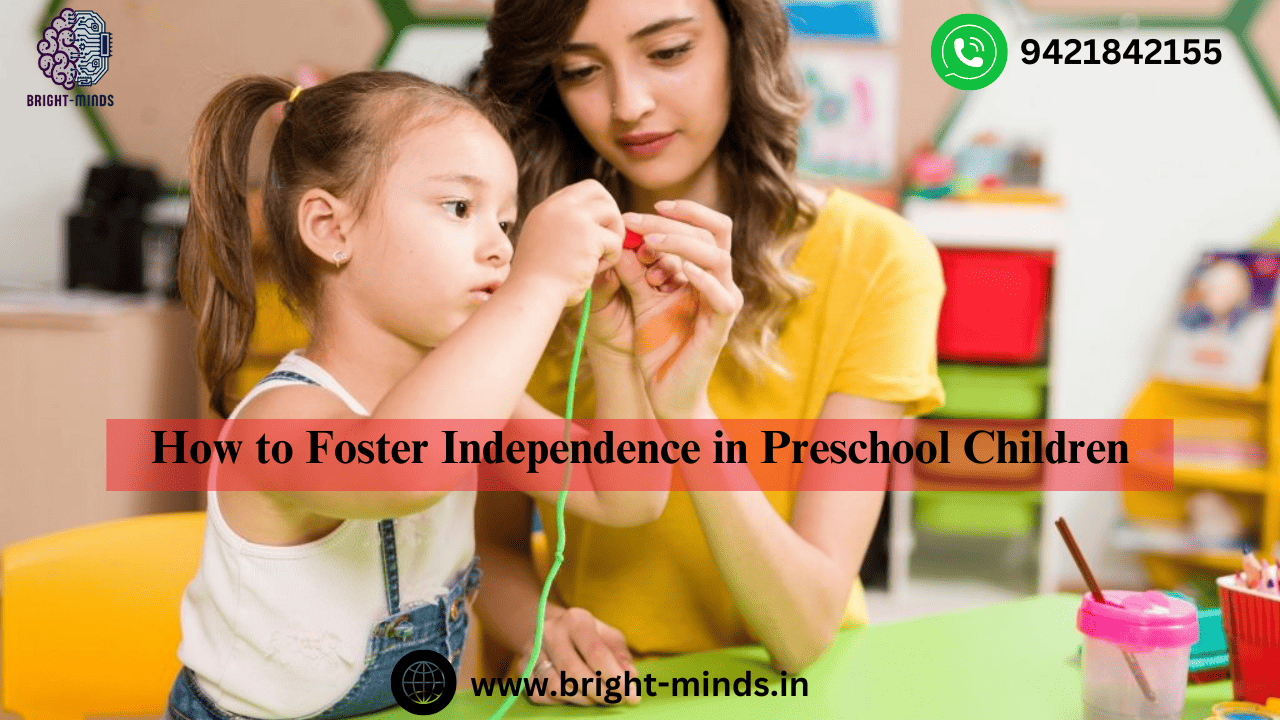Introduction
One of the most effective strategies to get preschoolers ready for challenges in the future is to encourage their independence. Being independent aids in the development of their problem-solving abilities, emotional fortitude, and self-assurance—all of which are critical for negotiating the challenges of daily life. Early development of these abilities can result in well-rounded, competent people, whether we are parents, guardians, or educators.
Why is Independence Important for Preschoolers?
Self-confidence and personal development are based on independence. Promoting it early has a number of advantages:
- Enhanced Decision-Making: Preschoolers gain the ability to make basic judgments, which is essential for solving problems in the future.
- Increased Self-Esteem: Small victories give you more self-assurance.
- Better Emotional Resilience: Children who face obstacles on their own gain emotional fortitude.
- Stronger Responsibility: Little tasks instill a sense of ownership and accountability.
Children can express their uniqueness and gain knowledge from their experiences when they are encouraged to be independent.
Understanding Developmental Readiness
Preschool children are naturally inclined to explore and learn. However, their readiness for independence depends on:
- Physical Development: They can do things like dress themselves and feed themselves thanks to improved motor abilities.
- Cognitive Development: They begin to comprehend cause and effect, which improves their ability to obey directions.
- Social Development: Young children can make valuable contributions and start to comprehend their roles in a group.
10 Proven Strategies to Foster Independence

1. Teach Self-Care Skills
Encourage children to perform basic tasks such as:
- They are brushing their teeth.
- hand washing prior to eating.
- dressing with little assistance.
2. Organize Their Environment
Creating a child-friendly space allows them to navigate their surroundings independently:
- Materials and toys should be kept at their proper height.
- To arrange things, use image bins or clear labels.
- Set aside areas for particular pursuits, such as playing or reading.
3. Provide Limited Choices
Offering choices fosters decision-making skills. Keep the options simple and manageable:
- “Which would you prefer—the red shirt or the yellow one?”
- “Do you want a banana or an apple?”
4. Promote the Solving of Problems
Instead than fixing every problem for them, help them overcome obstacles:
- Inquire open-endedly, such as “What do you think we should do?”
- Give them subtle cues, but allow them to solve problems on their own.
5. Assign Age-Appropriate Responsibilities
Small tasks teach responsibility and accountability. Examples include:
- Toys being put away.
- feeding a pet.
- watering the plants.
6. Promote Independent Play
Unstructured play encourages creativity and self-reliance. Provide open-ended toys such as:
- components.
- art materials.
- Items for pretend play, such as kitchen sets or dolls.
7. Model Independence
Children learn by example. Demonstrate tasks like:
- Taking care of yourself.
- arranging personal property.
- fulfilling obligations.
8. Create Consistent Routines
Predictable routines help preschoolers understand what to expect and take ownership of tasks:
- Establish specific timings for bedtime, play, and food.
- To boost buy-in, include them in the schedule’s creation.
9. Encourage Effort, Not Perfection
Celebrate their attempts rather than focusing on flawless execution:
- Well done on your attempt to zip your jacket! Continue to practice, and you will succeed!
- Steer clear of criticism that could demotivate them.
10. Be Patient and Allow Time
- Hurrying can make them less confident. Allow them to finish activities at their own pace by giving them more time for things like eating or dressing.
Activities to Nurture Independence in Preschoolers
1. Role-Playing Games
- Pretend play situations like “chef” or “storekeeper” educate decision-making and life skills.
2. DIY Snack Preparation
- Allow kids to make easy snacks, such as peeling a banana or spreading peanut butter on bread.
3. Craft and Art Initiatives
- Give students the supplies they need to complete self-directed creative projects, promoting their imagination and judgment.
4. Practical Life Activities
- Include children in everyday tasks like putting the table or organizing the clothes.
5. Storytelling
- To encourage comparable conduct, read books with themes of independence and talk about the characters’ deeds.
Common Challenges and How to Overcome Them
1. Resistance to Change
Youngsters may object to new routines or tasks. To deal with this:
- Increase duties progressively after starting modest.
- To inspire them, give them support and praise.
2. Fear of Mistakes
Because they are afraid of failing, preschoolers may be reluctant to try new things. Get beyond this by:
- putting more emphasis on effort than on outcomes.
- establishing a secure setting for learning and development.
3. Parental Overprotectiveness
For parents, letting go can be difficult. Achieve equilibrium by:
- permitting independence under supervision.
- having faith in your child’s skills and providing them with moderate assistance.
The Role of Educators and Caregivers

Fostering independence is greatly aided by educators and caregivers:
- Throughout school hours, encourage kids to finish assignments on their own.
- Provide group exercises that foster responsibility and cooperation.
- Talk to parents about your progress and areas that need work.
The Long-Term Benefits of Independence
Fostering independence in preschool children has lifelong advantages:
- Improved Academic Outcomes: Self-directed students achieve academic success.
- Social Competence: Self-assured kids get along better with their classmates.
- Adaptability and Resilience: They manage difficulties with ease.
- Increased Responsibility: Self-reliance encourages discipline and accountability.
Conclusion
- Preschoolers can become independent through a gratifying process that calls on perseverance, imagination, and consistency. Giving kids the freedom to handle minor responsibilities helps them gain the self-assurance and abilities necessary for success in the future.
- Start small, be persistent, and see your preschooler grow into a competent, independent person. You will reap a lifetime of growth and resilience from the seeds of independence you sow today.
Also Read:
https://bright-minds.in/unlocking-word-meaning-for-class-ukg-english-to-hindi/

